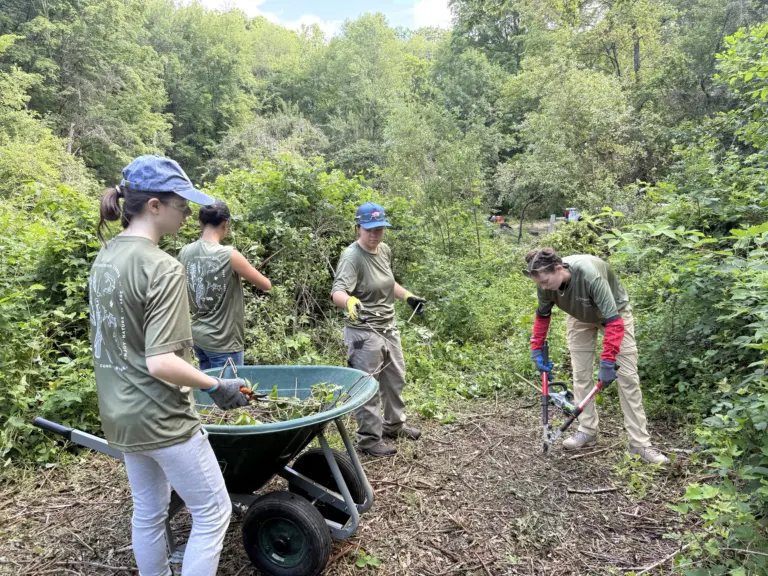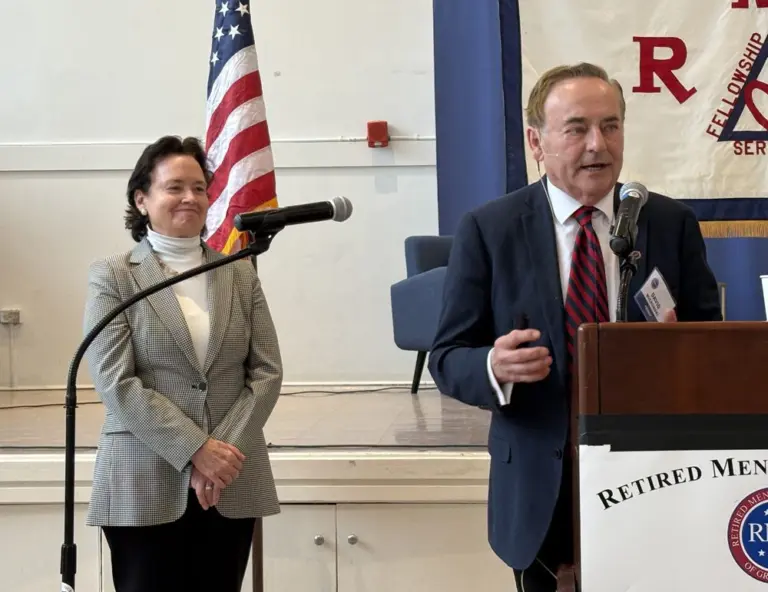By Lauren Rabin
Over the many years, I’ve had the privilege of serving our community, and I’ve seen both the best and the worst of what politics can be. At its best, public service is about people coming together— sometimes across party lines, sometimes across differences of opinion—to solve problems, improve lives, and strengthen the place we all call home. At its worst, politics descends into a contest of insults, distortions, and division, leaving everyone frustrated and our community weaker.
Campaign seasons often put this contrast on full display. Too often, they bring out the sharpest edges of our discourse. We see mailers or ads that take words out of context, social media posts designed more to inflame than to inform, and debates that focus more on personalities than on policy. It’s easy to grow cynical in that kind of environment. But I believe we can—and must—do better.
To me, civility is not a weakness in politics. It is a strength. Civility requires discipline, humility, and courage. It requires discipline to stand f irm on principles while engaging others with respect. It requires humility to recognize that no single individual or party has all the answers, and that good ideas can come from anyone. And it requires the courage to reject the easy path of division, even when it might score quick political points.
I have always believed that politics is fundamentally about people. When campaigns turn ugly, it isn’t just the candidates who feel the sting. It is the community itself that suffers. Voters lose faith in the process. Trust in our institutions erodes. And some of the very people we need most—thoughtful, compassionate citizens who might otherwise step forward to serve— decide it simply isn’t worth the cost. That’s a loss none of us can afford.
That is why I have tried to lead differently. I’ve worked hard to listen more than I speak, to focus on facts rather than attacks, and to keep my attention on the issues that matter most to families in our town. I’ve also tried to remind myself that the people I disagree with are not my enemies. They are my neighbors. We may see different solutions, but often, we share the same underlying hopes: safe streets, excellent schools, a strong local economy, and a community where everyone feels they belong.
Civility does not mean avoiding tough conversations. It doesn’t mean glossing over disagreements or pretending problems don’t exist. It means facing those disagreements honestly, but without hostility. It means asking, “How can we move forward together?” instead of, “How can I win this argument?” If we want real progress, we need debate—but we need debate that clarifies, not debate that corrodes.
Each election, we get to decide not just who represents us, but also what kind of politics we are willing to accept. As we finish another election season, I hope we choose a higher road. Our democracy depends not only on free and fair elections but on the spirit with which we conduct them. At the end of the day, we are neighbors first and political opponents second. The challenges we face—from maintaining fiscal responsibility to ensuring opportunity for the next generation—are too important to let incivility get in the way.
Civility is not an easy path, but it is the only path that will allow us to build trust, foster cooperation, and make lasting progress together. That’s the politics our community deserves, and that’s the standard I will continue to uphold.



